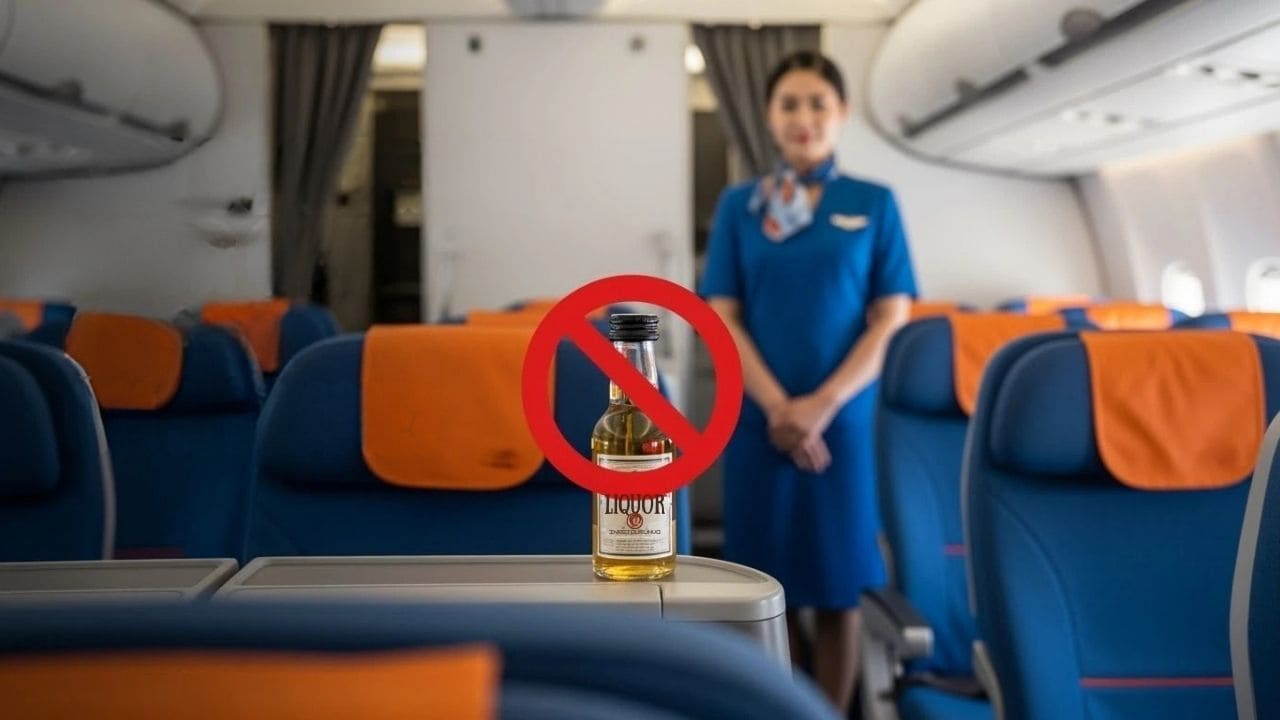Updated: January 14, 2026
Can you drink Your own liquor on a plane? No, you cannot legally drink your own alcohol on commercial flights. Federal Aviation Administration (FAA) regulations 14 CFR § 121.575 explicitly prohibit passengers from consuming personal alcohol unless served by flight attendants. Violations result in fines ranging from $500 to $40,823, potential arrest, and airline bans.
Quick Answer: What You Need to Know
Is drinking your own alcohol on planes illegal? Yes, consuming personal alcohol on any commercial flight violates federal regulations, regardless of where you purchased it or how you brought it aboard.
While drinking your own alcohol on a plane is prohibited, passengers are still allowed to transport alcohol in carry-on or checked luggage. Here’s what you need to know about bringing alcohol on a plane, including TSA and airline rules.
What are the penalties? Recent cases show fines from $500-$5,000 for first offenses, with severe violations reaching $40,823. Additional consequences include arrest, no-fly lists, and flight diversions.
Are there any exceptions? Very limited exceptions exist on some international carriers where flight attendants may serve your alcohol, and on private jets where different rules apply.
Federal Aviation Regulation: The Legal Framework
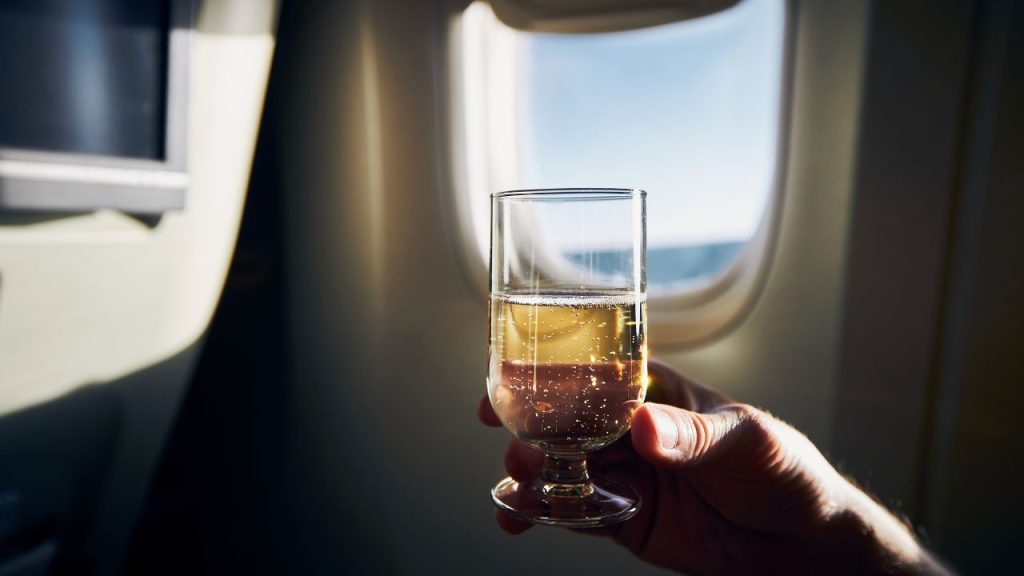
The FAA’s prohibition is absolute and clearly defined in 14 CFR § 121.575:
“No person may drink any alcoholic beverage aboard an aircraft unless the certificate holder operating the aircraft has served that beverage to them.”
This regulation covers:
- All alcoholic beverages (beer, wine, spirits, regardless of alcohol content)
- All purchase sources (duty-free, airport stores, liquor stores)
- All transport methods (carry-on, checked baggage, duty-free bags)
- All flight types (domestic, international, connecting flights)
Why This Law Exists
Safety Control: Flight attendants need to monitor passenger alcohol consumption to prevent dangerous intoxication at altitude, where alcohol affects the body differently due to cabin pressure and reduced oxygen.
Legal Liability: Airlines face significant legal responsibility for passenger safety. Uncontrolled alcohol consumption creates liability risks if intoxicated passengers cause incidents or injuries.
Incident Prevention: According to the International Air Transport Association (IATA), alcohol factors into 27% of reported disruptive passenger incidents. Controlled service helps minimize these dangerous situations.
Real Consequences: Recent Cases and Penalties
2024 Case Studies
Miami to Boston Flight (January 2024): Passenger fined $3,000 for mixing duty-free vodka with onboard soda. Result: 6-month airline ban plus federal fine.
Southwest Airlines Violation (April 2021): FAA proposed $40,823 fine against passenger who consumed personal alcohol, smoked marijuana in lavatory, and sexually assaulted flight attendant. Criminal charges included public intoxication and resisting arrest.
Typical Penalty Structure
- First-time violations: $500-$5,000
- Serious cases: $5,000-$40,823
- Additional consequences: Arrest upon landing, airline-specific bans, federal no-fly lists
Expert Insights: Industry Professionals Explain the Rules
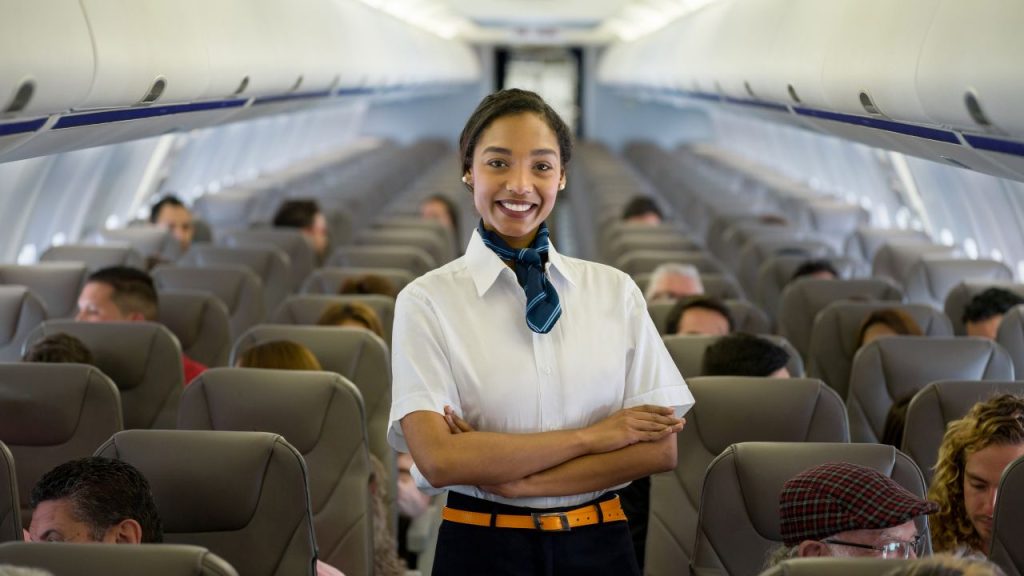
Flight attendant Sara Jensen (15+ years experience) explains enforcement:
“We can immediately spot self-service attempts—mini bottles, discreet mixing, sudden behavior changes. Passengers don’t realize how obvious these violations are to trained crew members.”
Aviation attorney Melissa Rodriguez on liability:
“Airlines have a duty of care to all passengers. Self-service alcohol creates unmanageable risk scenarios that no airline can reasonably accept from a legal standpoint.”
Retired airline safety director Rick Thompson on altitude effects:
“Cabin pressure at 35,000 feet means alcohol affects passengers differently than on ground. A drink that barely affects you at sea level could significantly impair you at altitude.”
Limited Exceptions: When Personal Alcohol Might Be Allowed
1. Flight Attendant Service of Your Alcohol
Some international carriers allow crew to serve passengers’ personal alcohol:
- Qatar Airways: Known to serve passengers’ duty-free wine in business/first class
- JetBlue: Will serve your alcohol if presented to crew first (adhering to FAA regulations)
- Most U.S. carriers: Strictly prohibit this practice
2. Private and Charter Flights
Different rules apply to non-commercial aviation:
- Private jets often allow personal alcohol consumption
- Charter companies set individual policies
- Pilot-in-command retains ultimate authority
- Corporate flight departments may have specific restrictions
3. International Variations
While most countries follow similar restrictions:
- Some European carriers historically allowed crew-served passenger wine with meals
- Regulations vary by airline registration country
- Global trend moves toward stricter U.S.-style policies
How Flight Attendants Detect Violations
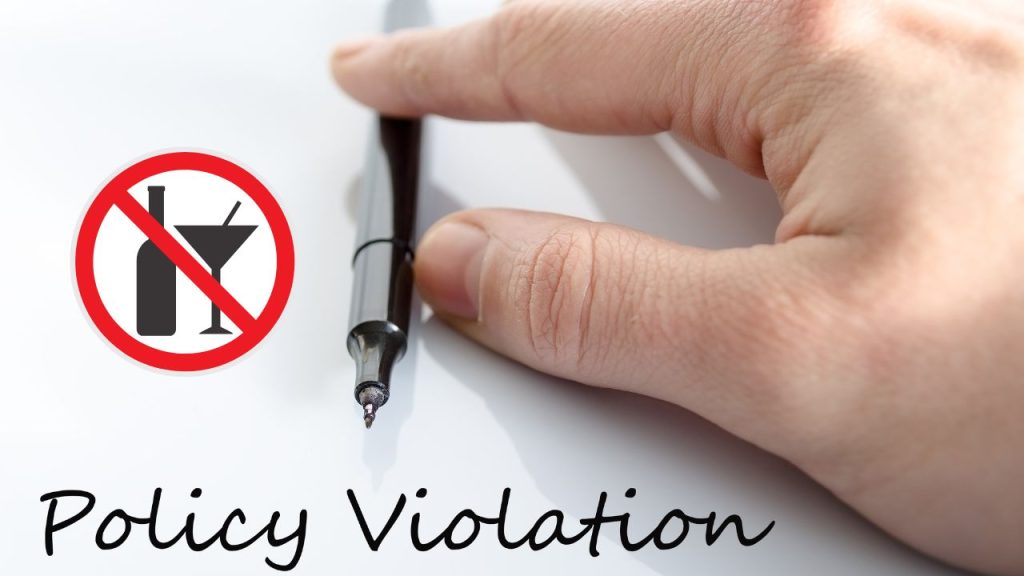
Flight attendant Michael Chen (12 years experience) reveals detection methods:
“Common signs include: mini bottles appearing from bags, passengers mixing drinks we didn’t serve, sudden behavioral changes, and the smell of alcohol we didn’t provide. Our training makes these violations obvious.”
Detection Indicators
- Mini bottles or flasks visible during service
- Passengers mixing drinks with purchased sodas
- Alcohol odor without airline service history
- Behavioral changes inconsistent with airline-served amounts
- Attempts to conceal containers
International Flight Considerations
Airline Registration vs. Flight Location
- U.S. carriers: FAA regulations apply worldwide, regardless of airspace
- Foreign carriers: May follow home country regulations on U.S. routes
- International flights: Destination country laws may also apply upon arrival
Age Restrictions by Carrier
- U.S. airlines: 21+ drinking age worldwide
- European airlines: May allow 18+ on international routes
- Asian carriers: Varies by registration country (18-21)
Safe Alternatives: How to Enjoy Alcohol While Flying
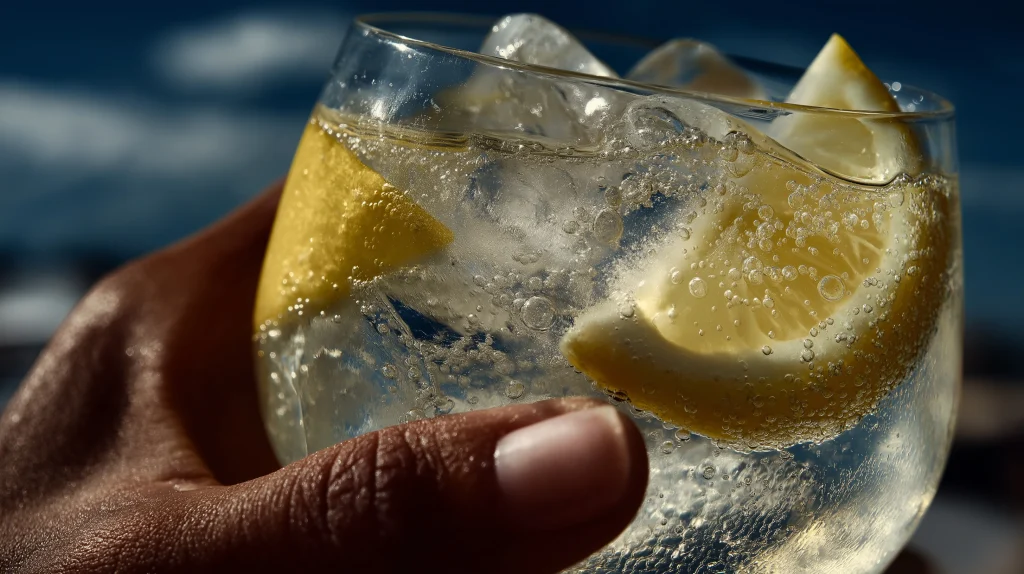
1. Purchase Onboard
Most airlines offer beer, wine, and spirits:
- Economy: Purchase required on domestic flights
- Premium cabins: Often complimentary service
- International flights: Usually complimentary in all classes
2. Airport Lounges
Many lounges provide complimentary alcohol:
- Credit card lounges: Often include premium spirits
- Airline lounges: Wine and beer typically available
- Day passes: Available for non-members
3. Airport Bars and Restaurants
Enjoy drinks before boarding:
- Timing: Allow adequate time before flight
- Moderation: Flight attendants can refuse boarding to intoxicated passengers
- Food: Eat while drinking to minimize alcohol effects
What Happens If You’re Caught
Immediate Consequences
- Confiscation: Alcohol immediately removed
- Documentation: Incident report filed
- Monitoring: Increased crew attention for remainder of flight
- Potential diversion: Serious cases may result in emergency landing
Post-Flight Penalties
- FAA investigation: Formal review process initiated
- Federal fines: Range from hundreds to tens of thousands
- Airline actions: Possible ban from specific carrier
- Criminal charges: Potential arrest for severe violations
Frequently Asked Questions
Can I drink duty-free alcohol on international flights?
No, duty-free alcohol cannot be consumed during flight, regardless of purchase location or flight type.
What if the flight attendant doesn’t care?
While some crew may be lenient, federal regulations still apply. Individual flight attendant attitudes don’t change legal requirements.
Do these rules apply on foreign airlines?
Generally yes, especially on routes to/from the U.S. However, specific policies may vary by carrier and route.
What about mixing my alcohol with airline-served mixers?
This violates federal regulations, regardless of how you obtain mixers or attempt to disguise consumption.
Bottom Line: Key Takeaways
Federal regulations prohibit consuming personal alcohol on commercial flights. This rule exists for passenger safety, airline liability protection, and incident prevention. Violations carry serious consequences including substantial fines, arrest, and flight bans.
Safe alternatives exist through airline service, airport lounges, and pre-flight airport establishments. The small cost savings of personal alcohol consumption never justify the potential $40,000+ penalties and legal consequences.
When in doubt, purchase from the airline. The convenience and legal protection of airline-served alcohol far outweigh any potential savings from personal consumption.
Need a comfortable place to relax during layovers? HotelsByDay offers flexible day room bookings at airports worldwide, perfect for relaxing between flights or recovering from travel stress.

